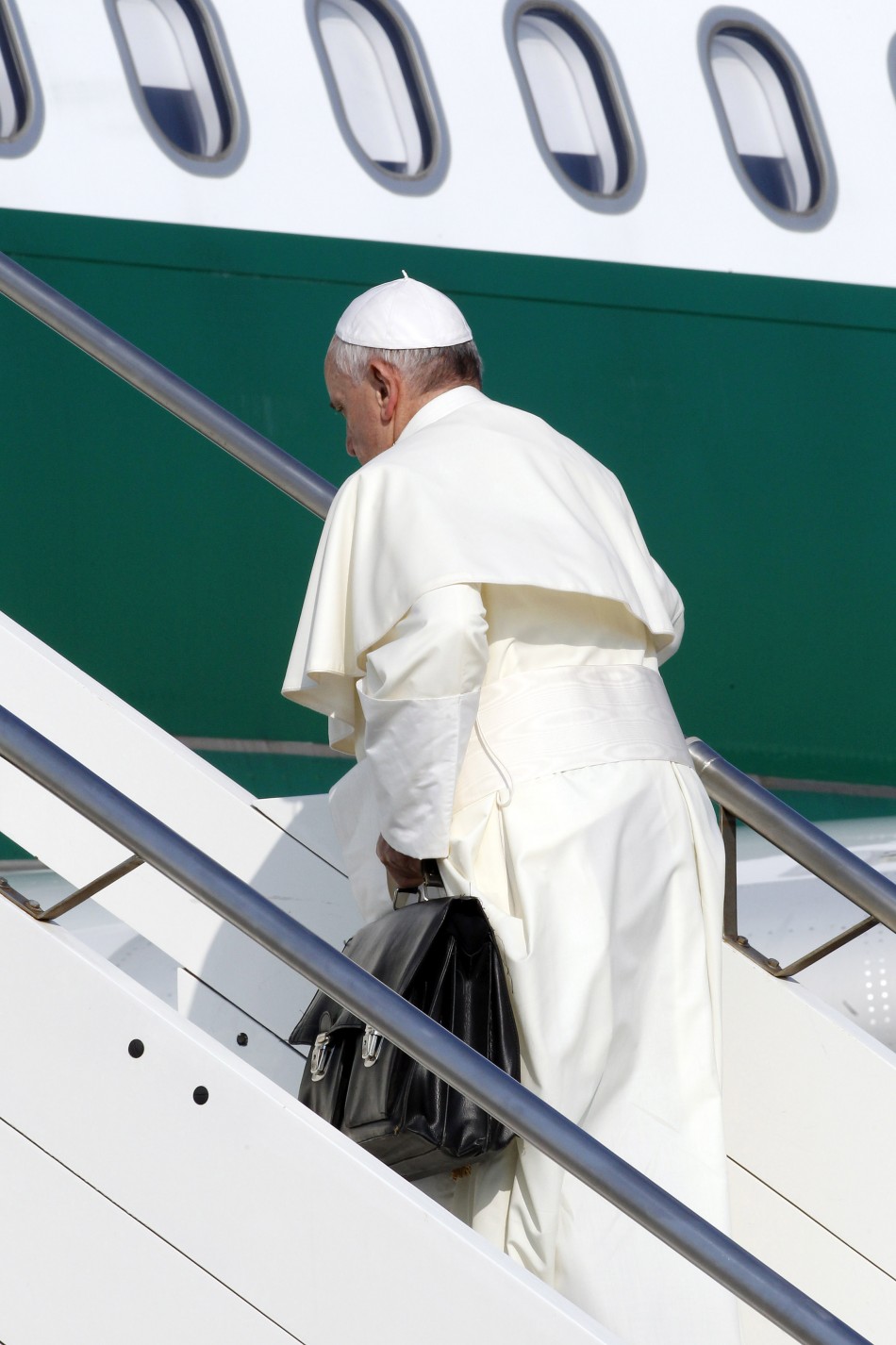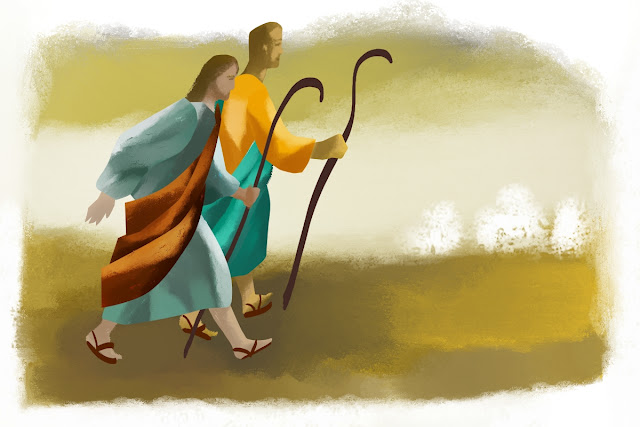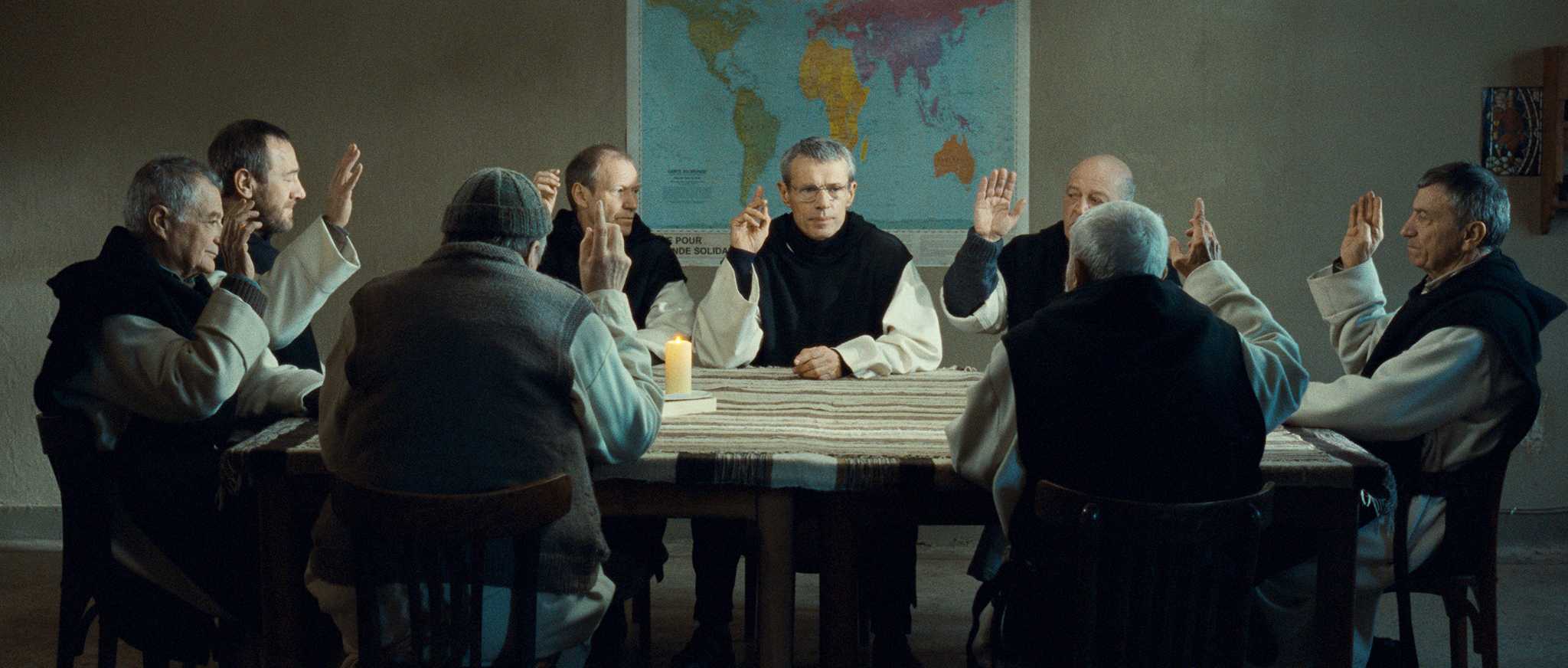 Imagine this: You get handed a check for $100,000. It’s from an anonymous source but it’s gifted to you and there are no conditions attached to it. You can do whatever you want with it. So what do you do?
Imagine this: You get handed a check for $100,000. It’s from an anonymous source but it’s gifted to you and there are no conditions attached to it. You can do whatever you want with it. So what do you do?
Here’s the thing: You’re a follower of God. You’re a good person, you pray, you only look to deepen your relationship with God, and you don’t want anything, even money, to stand in the way of that. This sum of money given to you presents a challenge for you. Do you spend it? How? Do you give it away? Or do you hold onto it? The bottom line is that this money has become an attachment that has distracted you in your spiritual life.
“Do not store up treasure on earth,” the scriptures say. But what’s so bad about material things? In short, nothing.
Three Classes of People
Saint Ignatius presents this very problem in the Spiritual Exercises under a meditation known as “Three Classes of People”. He presents three different reactions to the situation:
- The first type of person wants to rid themselves of the money so they can focus on God. They know it would be the right thing to do to not have such an attachment looming over them, but for one reason or another they never take action.
- The second kind of person bargains with God. They know it’s best to get rid of the money but they’re just too attached to it, so they say, “I’ll give $1,000 to charity and a little money to my neighbour,” as they try to convince themselves that that is good enough. They want things on their own terms and are still clearly attached to the money. (Think of this young man in the Gospels.)
- The third type wants no attachment to the money but for them it’s not about keeping it or not keeping it. They simply want what God wants. This person is truly free. They’re not attached to the money but rather wish to discern God’s will for it.
In the Principle and Foundation (at the beginning of the Exercises) Saint Ignatius says that we are created to praise, reverence, and serve God and that all material things are created for us in helping us to this end. And we must use material things (like money) insomuch as they help us in glorifying God and rid ourselves of material things if they prevent us from glorifying God. This is the kind of freedom the third kind of person in the meditation came to.
 Pope Francis
Pope Francis
Much focus has been placed on Pope Francis and his simplicity and lived material poverty, doing away with certain opulence and papal “perks”. But for the pope, who is Jesuit and has prayed with this very meditation, it’s about an indifference to such things. Ignatian indifference means he neither wants them nor doesn’t want them for himself personally, but rather wants what is beneficial in his ministry of building up God’s kingdom. The focus is shifted from the self to God. Certain attire may indeed be of benefit to the pope’s ministry. Flying in a plane or driving in a car helps the end of spreading the Gospel message far and wide. But what ultimately leads this third class of person in their use of material things is their discernment of God’s will. Once free from attachment, a material thing can be used or disposed of according to what best serves our life’s purpose of serving God and bringing God’s love to the world.
What today do you need to let go of?
| >> What is God’s will? Take a look through these Discernment Resources for some guidance. |
Related posts:
- Red Wine and Fish
- Magis
- Ignatian Indifference (From Mags Blackie’s blog)
Listen to an audio version of this post…
Music by Kevin MacLeod









Trackbacks/Pingbacks